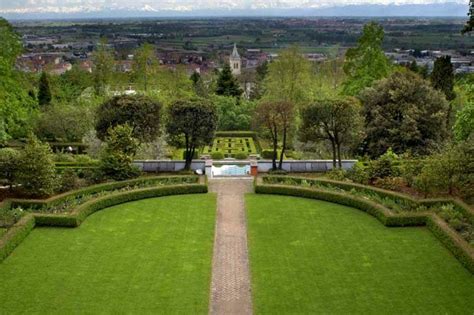A Quote by David E. Cooper
Does the unmistakeable intent of Versailles to proclaim dominion over nature destroy its aesthetic appeal, as Schopenhauer thought? Does the greenness of the lawn lose its allure when we learn how much water, sorely needed elsewhere, it uses? And historical shifts in garden taste - from formal, 'French' gardens to 'Capability' Brown's landscapes, for instance, or from the elaborate gardens of imperial Kyoto to Zen 'dry' gardens - register important changes in philosophical or religious attitudes.
Quote Topics
Aesthetic
Allure
Appeal
Attitudes
Brown
Capability
Changes
Destroy
Does
Dominion
Dry
Elaborate
Elsewhere
Formal
French
Garden
Gardens
Historical
How
How Much
Imperial
Important
Instance
Intent
Kyoto
Landscapes
Lawn
Learn
Lose
Much
Nature
Needed
Over
Philosophical
Proclaim
Register
Religious
Shifts
Taste
Thought
Uses
Versailles
Water
Zen
Related Quotes
As for the meaning of gardens, particular gardens may have, of course, all sorts of different meanings - emotive, historical, emblematic, religious, commemorative, and so on. But I think that good gardens all signify or exemplify an important truth about the relationship of culture and nature - their inseparability.
Bad Gardens copy, good gardens create, great gardens transcend. What all great gardens have in common are their ability to pull the sensitive viewer out of him or herself and into the garden, so completely that the separate self-sense disappears entirely, and at least for a brief moment one is ushered into a nondual and timeless awareness. A great garden, in other words, is mystical no matter what its actual content.
My favorite thing is landscaping. I love landscaping. And so what I'll do is, mostly I put language into search engines, and if I want to look, like, at tulip gardens, or, like, Georgian gardens, i love English gardens, how they're laid out. Japanese gardens, Asian gardens. So, I'm kind of a frustrated landscaper.
A handful of men working within the Zen sect of Buddhism created gardens in fifteenth-century Japan which were, and still are, far more than merely an aesthetic expression. And what is left of the earlier Mogul gardens in India suggests that their makers were acquainted with what lay behind the flowering of the Sufi movement in High Asia and so sought to add further dimensions to their garden scenes.






























